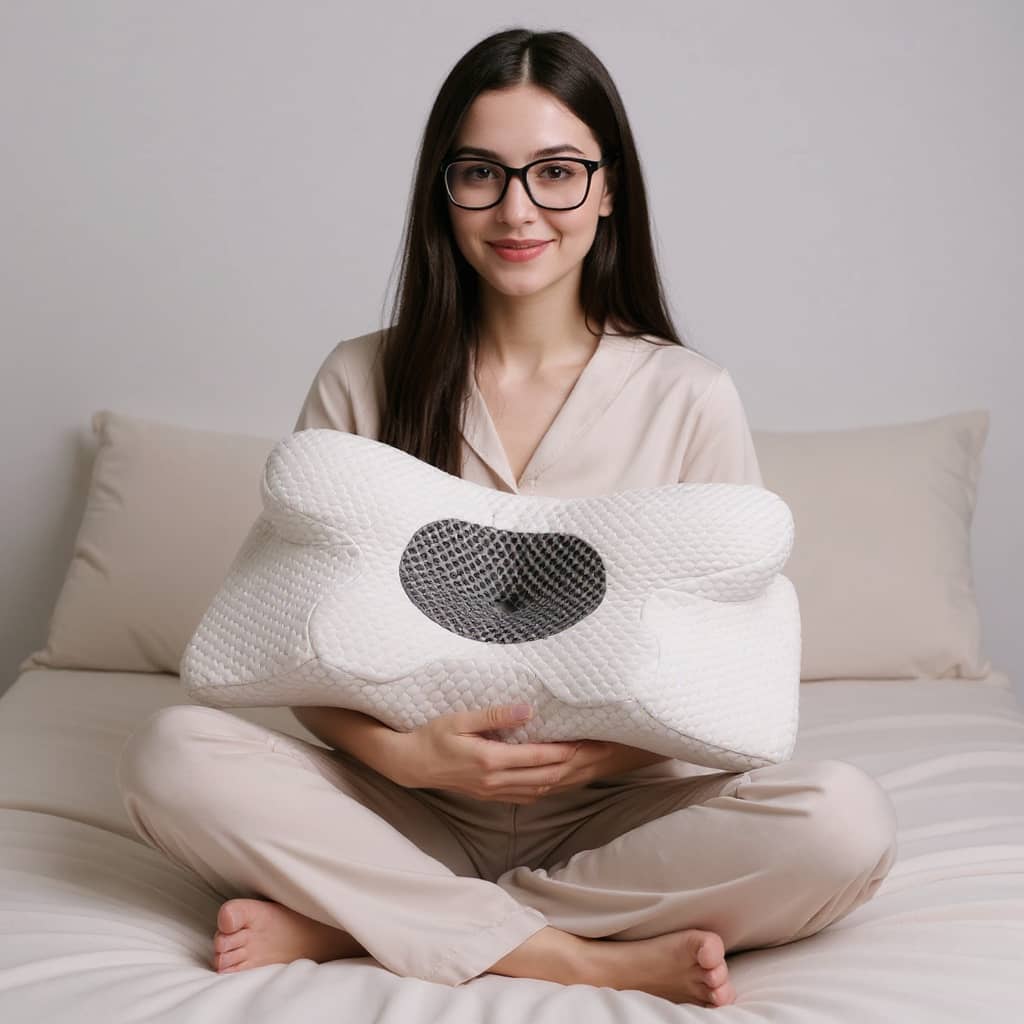Sleep tracking technology has revolutionized how we understand and improve our sleep patterns. Smart sleep trackers offer detailed insights into sleep quality, duration, and stages, empowering users to make informed decisions about their sleep health and overall well-being.
What Are Smart Sleep Trackers?
Smart sleep trackers are devices or applications that monitor various aspects of your sleep using sensors, algorithms, and data analysis. They can track movement, heart rate, breathing patterns, and environmental factors to provide comprehensive sleep insights.
Types of Sleep Trackers
- Wearable devices (smartwatches, fitness bands, rings)
- Under-mattress sensors and smart mattresses
- Bedside devices with radar or sound monitoring
- Smartphone apps using accelerometer and microphone
- Dedicated sleep monitoring devices
- Smart home integration systems
Top Wearable Sleep Trackers
1. Apple Watch Series 9
Price Range: $399 - $799
Key Features: Sleep stages tracking, heart rate monitoring, blood oxygen levels, temperature sensing
Best For: iPhone users seeking comprehensive health tracking
Pros: Accurate tracking, comprehensive health ecosystem, excellent app integration
Cons: Daily charging required, expensive, limited battery life during sleep tracking
2. Fitbit Sense 2
Price Range: $299 - $349
Key Features: Sleep score, stress management, skin temperature tracking, SpO2 monitoring
Best For: Users focused on stress and sleep correlation
Pros: Excellent sleep insights, 6+ day battery life, stress tracking features
Cons: Premium features require subscription, bulky design for some users
3. Oura Ring Generation 3
Price Range: $299 - $399
Key Features: Sleep stages, readiness score, body temperature, heart rate variability
Best For: Users preferring minimal, jewelry-like wearables
Pros: Discreet design, excellent sleep analysis, long battery life (4-7 days)
Cons: Monthly subscription required, limited smart features, sizing challenges
4. Garmin Vivosmart 5
Price Range: $149 - $199
Key Features: Sleep monitoring, stress tracking, safe for swimmers, slim design
Best For: Active users seeking affordable sleep tracking
Pros: Affordable price, water-resistant, comfortable for sleep
Cons: Limited smart features, smaller display, basic sleep insights
Non-Wearable Sleep Trackers
1. Withings Sleep Analyzer
Price Range: $129 - $149
Key Features: Under-mattress sensor, sleep cycles, heart rate, snoring detection
Best For: Users who don't want to wear devices while sleeping
Pros: No wearable required, comprehensive tracking, snoring analysis
Cons: Single-user tracking, requires specific mattress placement
2. Google Nest Hub (2nd Gen)
Price Range: $99 - $129
Key Features: Radar-based sleep sensing, environmental monitoring, smart home control
Best For: Smart home enthusiasts seeking contactless tracking
Pros: No contact required, smart home integration, environmental insights
Cons: Limited to one person, privacy concerns, requires bedside placement
3. ResMed S+ Sleep Sensor
Price Range: $149 - $199
Key Features: Non-contact monitoring, sleep environment analysis, personalized insights
Best For: Users seeking medical-grade accuracy without wearables
Pros: Medical company backing, detailed environmental data, no charging required
Cons: Discontinued model, limited availability, higher price point
Sleep Tracking Apps
Popular Sleep Apps
- Sleep Cycle: Smart alarm, sleep analysis, snore detection
- Pillow: Automatic sleep tracking, heart rate analysis, Apple Health integration
- AutoSleep: Automatic tracking for Apple Watch users
- Sleep as Android: Comprehensive Android sleep solution
- Noisli: Background sounds and sleep environment optimization
- Calm: Sleep stories, meditation, and relaxation features
Choosing the Right Sleep Tracker
The best sleep tracker depends on your personal preferences, budget, and specific sleep goals. Consider factors like comfort, battery life, data accuracy, and integration with your existing devices and health apps.
Remember: Sleep trackers are tools for awareness and improvement, not medical devices. For serious sleep disorders, consult with a healthcare professional for proper diagnosis and treatment.



